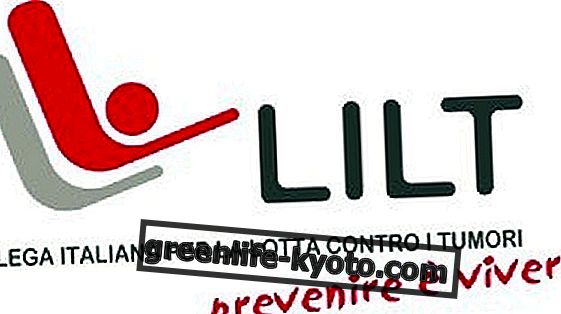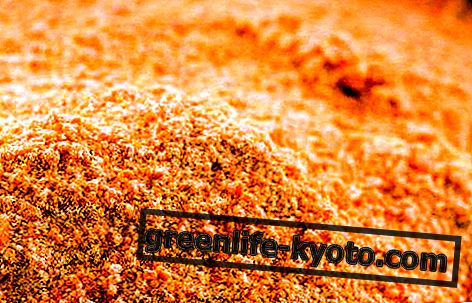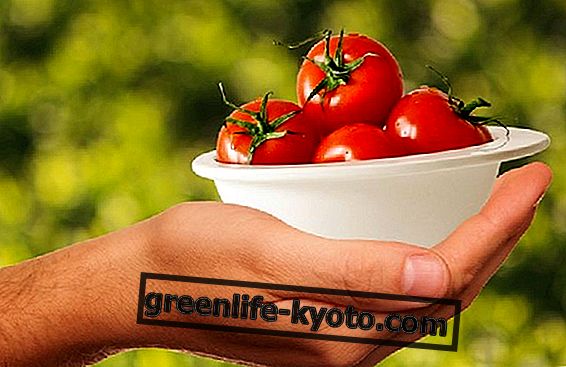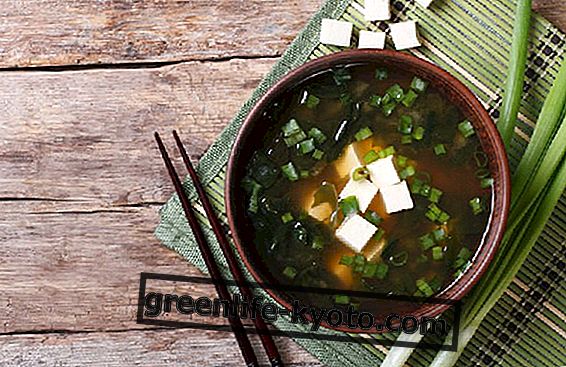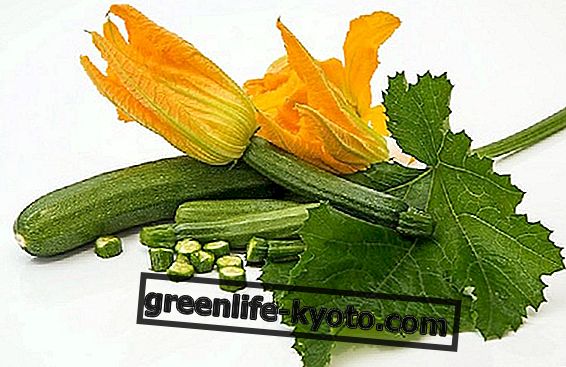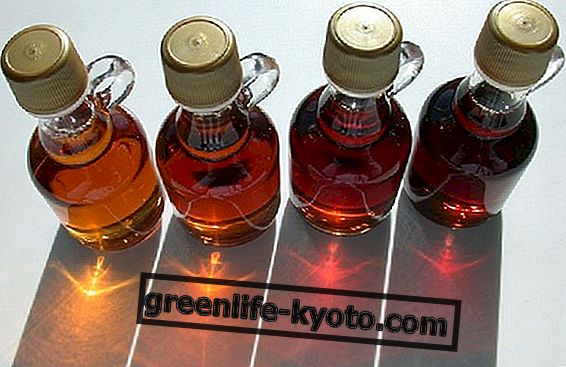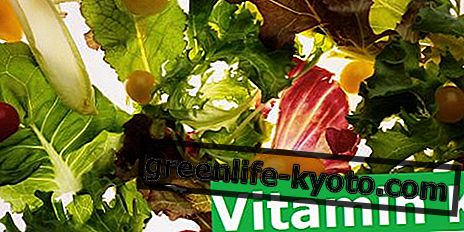
Soy yes or no? The "food community" is lined up in two factions, worse than for a constitutional referendum.
It is often the only protein source in hazardous vegan diets, and its consumption can actually reach excessively high levels .
The properties of soy are known to Orientals and to those who have problems related to menopause. But are there also contraindications in the use of soy in our diet? And if so, what are they?
Let's find out together.
Soy: the properties
So first the simple things. Soy is a legume, a relative of beans and lentils , more or less. Like all legumes, soy is also rich in vegetable proteins, does not contain cholesterol, has several fibers and minerals (calcium, phosphorus, potassium) important for our health.
Here is a brief list of the main properties of soy, thanks to the molecules it contains:
- Regulates the intestine, blood sugar and cholesterol, thanks to the fiber and the lecithins contained;
- Helps fight menopausal disorders, thanks to isoflavones, estrogen-like molecules;
- Increases antitumor protection (in some cases): a laboratory study published in the journal of the National Cancer Institute showed that the genistein molecule is a probable anti-tumor agent present in soy. Genistein appears to be able to interfere with the production of cancer cell protective proteins;
- Protects bones : in soy we find another isoflavone called daidzein which helps prevent bone decalcification. In addition, 250 grams of soy provide about 50% of an adult's daily calcium requirement
- Supports against premenstrual syndrome: thanks to genistein and daidzein isoflavones, soy can positively influence the hormonal changes present before the menstrual cycle and the consequent mood changes
Soy, the vegetable most loved by vegetarians
Soy: contraindications
Have we discovered "miraculous" properties in a legume that is perhaps as unknown as soy and we are excited about it?
Well, pay attention to the other side of the coin: if consumed in excess, the same positive molecules can give unpleasant contraindications. We recommend moderate use of soy-based products, to avoid encountering undesirable effects .
Here are the main contraindications to the use of soy:
- Phytoestrogens must be consumed with caution in pregnancy and in the first years of life, as they could or interfere with the correct development of the endocrine glands and their regulation;
- Increased possibility of risk of breast cancer (estrogen-dependent): given the characteristics of isoflavones, the consumption of soy and its derivatives is not recommended for women who have developed this type of cancer; it is recommended to all women who have or have had any type of breast cancer to consult their doctor before taking soy or its derivatives (also in the form of supplements);
- Interference in thyroid function : phytoestrogens are not recommended in the presence of thyroid disease;
- Presence of gynecological pathologies : the cases in which caution is required in the use of soy are, for example, endometriosis, fibroids or endometrial tumors;
- Interference with drugs: for example warfarin and tamoxifen. When in doubt, ask your doctor before taking soy-based products or supplements;
- Decreased absorption of minerals such as iron, calcium, magnesium: the phytic acid contained in soy, especially in the peel of the seed, is able to chelate microelements, preventing their absorption by the body. The use of a suitable soaking period or of fermented products such as tofu or miso or tempeh diminishes the action of phytates ;
- Presence of GMOs : about 90% of the soybean cultivated is genetically modified, and a percentage of GMO pollution is tolerated by law even in organic soya. The long-term effects of a GMO- based diet (genetically modified organisms) are not yet fully identified.
